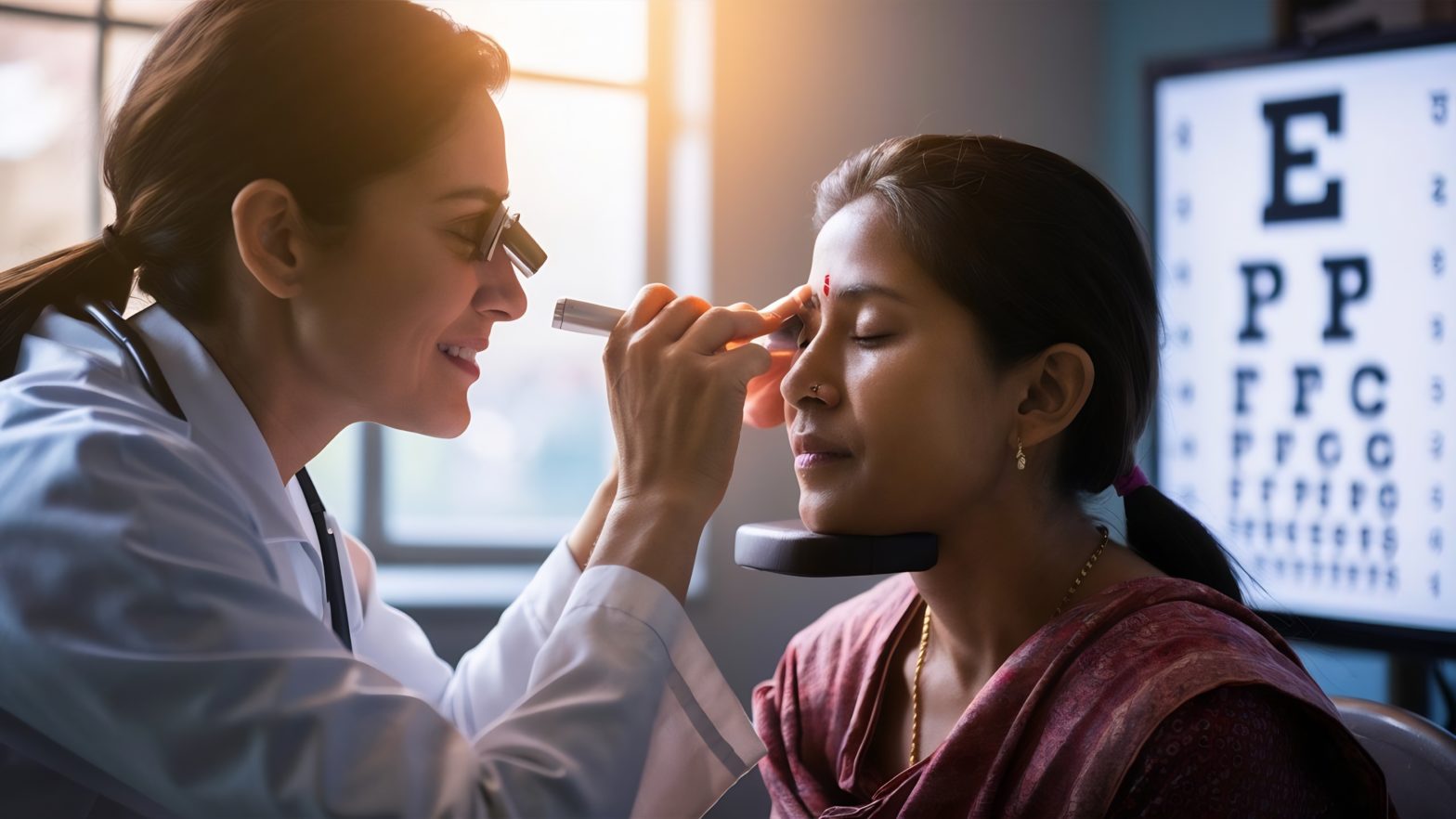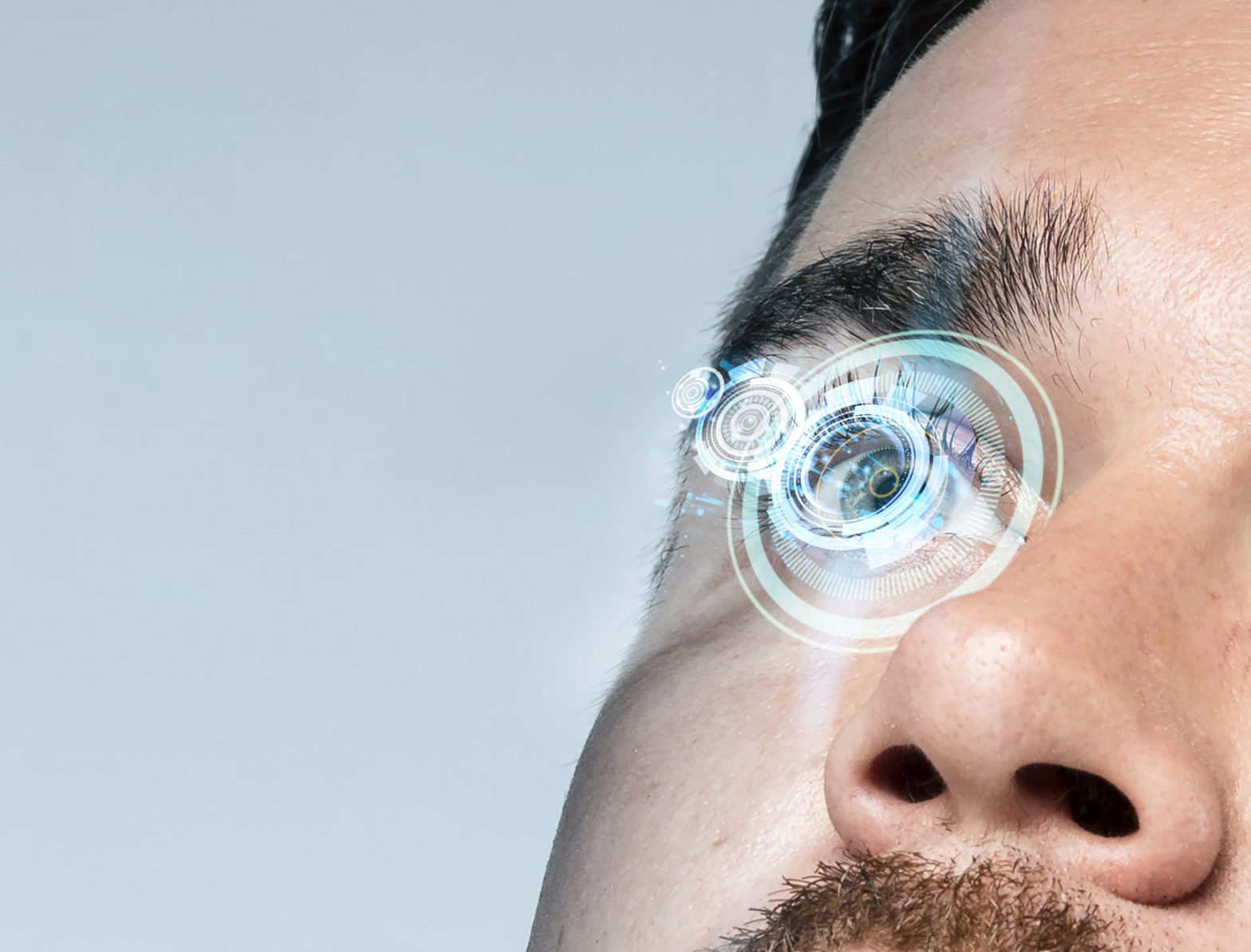Mrs. Sinha was stunned to see her husband waking up to the alarm at 5:30 am. ‘What had gotten into him?’ she wondered… He, on the other hand, pretended to not have noticed the surprise in her eyes. “From today, I will be going for a walk every morning. We need to take better care of our hearts. Why are you smiling like that? Even you should decrease the oil in your cooking from now on…”
Mrs. Sinha stifled a smile and sighed. She realised the reason for Mr Sinha’s new found enthusiasm. Their neighbour had recently had a heart attack. The last time his colleague had been diagnosed with weak bones, Mr Sinha had vehemently declared that he would have at least 2 litres of milk everyday!
Mrs. Sinha was well acquainted with his periodic fancies for various diets. She had just received a call the previous day that her father was to undergo cataract surgery. She now wondered how her kitchen would have to gear up for ‘healthy food for our eyes.’ Sure enough, the next day, Mr Sinha declared, “We should have carrot soup twice every day.”
This time Mrs. Sinha was prepared. “I spoke to our eye doctor. He says, it’s not just carrots that are good for one’s eyes. There are other foods too…” Mr Sinha looked at his wife admiringly as she rattled off names of vitamins and a wide variety of foods that they could have to get vitamins for their eyes:
Vitamin C: Vitamin C is an effective Anti-Oxidant which helps protect cells from the damaging effect of Oxidation that occurs naturally. It also helps keep our eyes young and protected from the damage caused by UV light. Apart from Citrus fruits like oranges, lemons and sweet limes, papayas, guavas, mangoes, strawberries, raspberries, pineapples, broccoli etc. are a great source of Vitamin C.
Vitamin E: Vitamin E is said to prevent or at least delay Cataracts and Age-related Macular Degenerations (a disease seen in old age). Vitamin E is abundantly found in vegetable oils like sunflower oil, almonds, hazelnuts, wheat germ oil, papaya etc. That is why one should not completely cut off on oils in a bid to go ‘fat-free’.
Beta Carotene: Beta Carotene is converted to Vitamin A in the body. Vitamin A plays an important role in night vision. This is found in carrots, apricots, tomatoes, watermelons, sweet potatoes, spinach, broccoli etc.
Zinc: Black-eyed peas (chawli), kidney beans (rajma), peanuts, lima beans (sem phalli), almonds, brown rice, milk, chicken are good sources of zinc. This trace mineral helps protect our retina from some forms of Age Related Macular Degeneration.
Omega-3 Fatty Acids: Apart from protecting the heart, omega 3 fatty acids are good for the eyes too. Fish, Walnuts, Canola Oil, Flaxseed Oil contain Omega-3 fatty acids which help prevent dry eyes.









